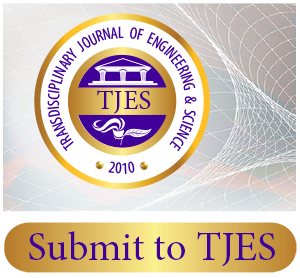The Need for Transdisciplinarity in Higher Education in a Globalized World
Abstract
A viable education can only be an integral education of the human being. Transdisciplinary education is founded on the inexhaustible richness of the scientific spirit which is based on questioning and of the refusal of all a priori answers and all certitude contradictory to the facts. At the same time, it revalues the role of the deeply rooted intuition, of the imaginary, of sensitivity, and of the body in the transmission of knowledge. It is only in this way that the society of the twenty-first century can reconcile effectivity and respect for the potentiality of every human being. The transdisciplinary approach will be an indispensable complement to the disciplinary approach because it will mean the emergence of continually connected beings, who are able to adapt themselves to the changing exigencies of professional life, and who are endowed with permanent flexibility which is always oriented towards the actualization of their interior potentialities. If the University intends to be a valid actor in sustainable development it has first to recognize the emergence of a new type of knowledge: transdisciplinary knowledge. The new production of knowledge implies a necessary multidimensional opening of the process of learning: towards civil society; towards cyber-space-time; towards the aim of universality; towards a redefinition of the values governing its own existence.


